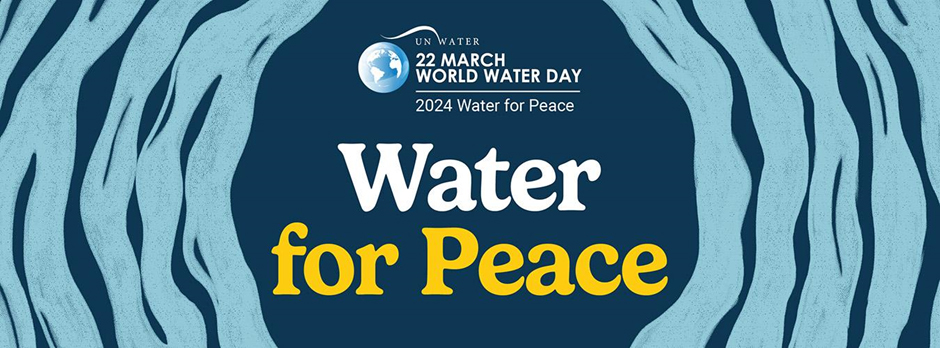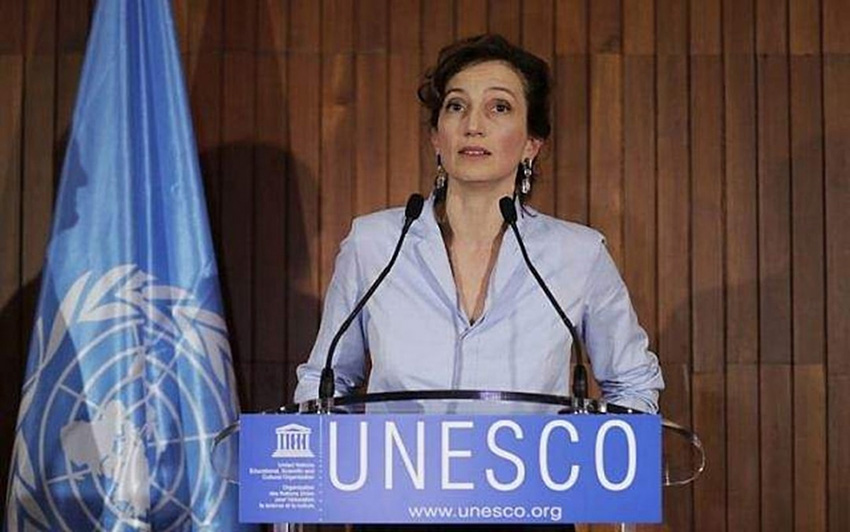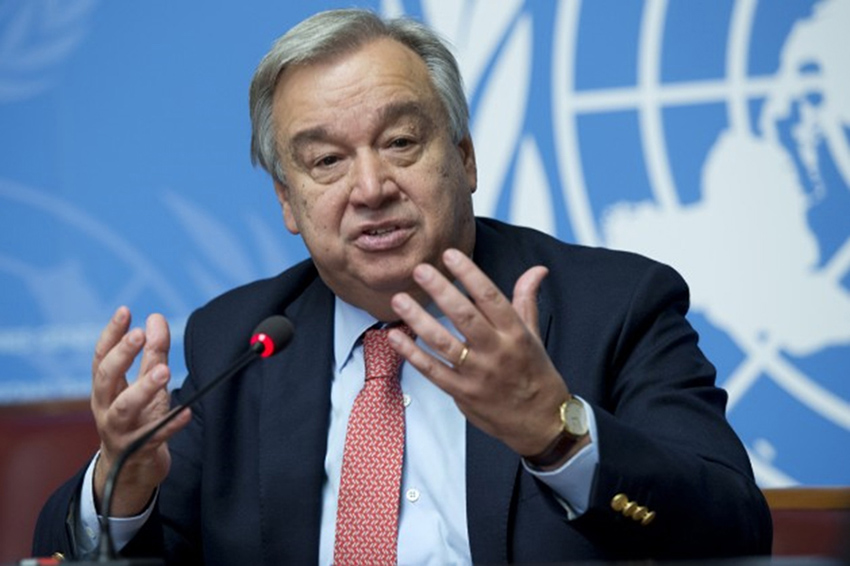Global water crisis fuelling more conflicts, UN report warns
By R. Anil Kumar
SYNOPSIS
-
The theme of World Water Day 2024 is ‘Water for Peace’
-
Increasing global water scarcity is fuelling more conflicts and contributing to instability, the United Nations warns in a new report, which says access to clean water is critical to promoting peace
-
“Water shortages not only fan the flames of geopolitical tensions but also pose a threat to fundamental rights as a whole”: UNESCO chief Audrey Azoulay
-
Half of the world’s population is experiencing severe water scarcity with some areas lacking water almost year-round the UN report Titled Water for Prosperity and Peace, said
-
The report estimated that it would cost $114bn annually to provide safe drinking water, sanitation and hygiene in 140 low- to middle-income countries
-
While 153 countries share water resources, only 24 have signed onto cooperation agreements covering all of their shared water, UN chief Antonio Guterres said in a statement marking World Water Day on March 22
UNITED NATIONS, New York, March 22.

Water for peace
Water can create peace or spark conflict.
When water is scarce or polluted, or when people have unequal, or no access, tensions can rise between communities and countries.
More than 3 billion people worldwide depend on water that crosses national borders. Yet, only 24 countries have cooperation agreements for all their shared water.
As climate change impacts increase, and populations grow, there is an urgent need, within and between countries, to unite around protecting and conserving our most precious resource.
Public health and prosperity, food and energy systems, economic productivity and environmental integrity all rely on a well-functioning and equitably managed water cycle.
Creating a positive ripple effect
The theme of World Water Day 2024 is ‘Water for Peace’.
When we cooperate on water, we create a positive ripple effect – fostering harmony, generating prosperity and building resilience to shared challenges.
We must act upon the realization that water is not only a resource to be used and competed over – it is a human right, intrinsic to every aspect of life.
This World Water Day, we all need to unite around water and use water for peace, laying the foundations of a more stable and prosperous tomorrow.
Water resources under stress as economies and populations grow with 2.2 billion people lacking clean drinking water.
Increasing global water scarcity is fuelling more conflicts and contributing to instability, the United Nations warns in a new report, which says access to clean water is critical to promoting peace.
The UN World Water Development Report 2024, released on March 22, said 2.2 billion people worldwide have no access to clean drinking water and 3.5 billion people lack access to safely managed sanitation.
Girls and women are the first victims of a lack of water, said the report,published by the UN Educational, Scientific and Cultural Organization (UNESCO), especially in rural areas where they have the primary responsibility of collecting supplies.
Spending several hours a day on fetching water, coupled with a lack of safe sanitation, is a contributing factor to girls dropping out of school.

“Water shortages not only fan the flames of geopolitical tensions but also pose a threat to fundamental rights as a whole, for example, by considerably undermining the position of girls and women,” UNESCO chief Audrey Azoulay said.
While the report did not examine specific current conflicts, Israel has severely restricted access to fresh, clean water during its war on Gaza.
UN agencies have long warned that not only are children and women at grave risk of thirst and starvation, but the lack of clean water also has disrupted medical treatment and hygiene.
The lack of water security drives migration, and displaced people strain resources in locations where they settle. The report cited a study in Somalia that indicated a 200 percent increase in gender-based violence against a group of displaced people.
At least 10 percent of global migration is linked to water stress as the world faces a more erratic climate, the researchers found.

The report also said: “Global warming is projected to … further increase the frequency and severity of droughts and floods, with more wet and very dry weather and climate events.”
Titled Water for Prosperity and Peace, the report found that roughly half of the world’s population is experiencing severe water scarcity with some areas lacking water almost year-round.
Much of the consequences are felt in poorer countries, which find it harder to adapt. The report estimated that it would cost $114bn annually to provide safe drinking water, sanitation and hygiene in 140 low- to middle-income countries.
Only 24 have signed onto cooperation agreements covering all of their shared water, UN chief Antonio Guterres said in a statement marking World Water Day on March 22.
The convention was established in 1992 to help foster responsible joint management of water resources in Europe but opened up in 2016 to countries around the world. It currently has 52 state parties, mainly in Europe, Asia and Africa.





